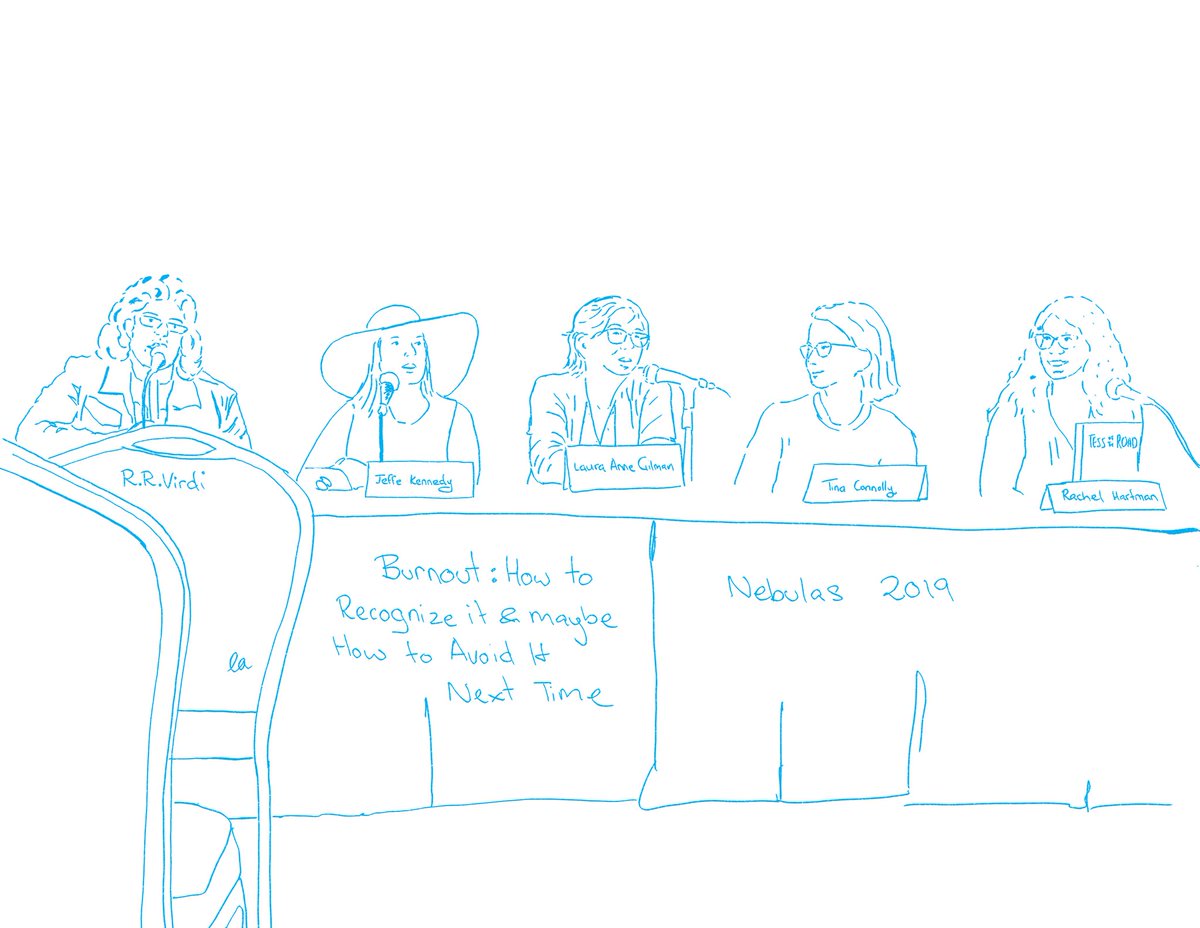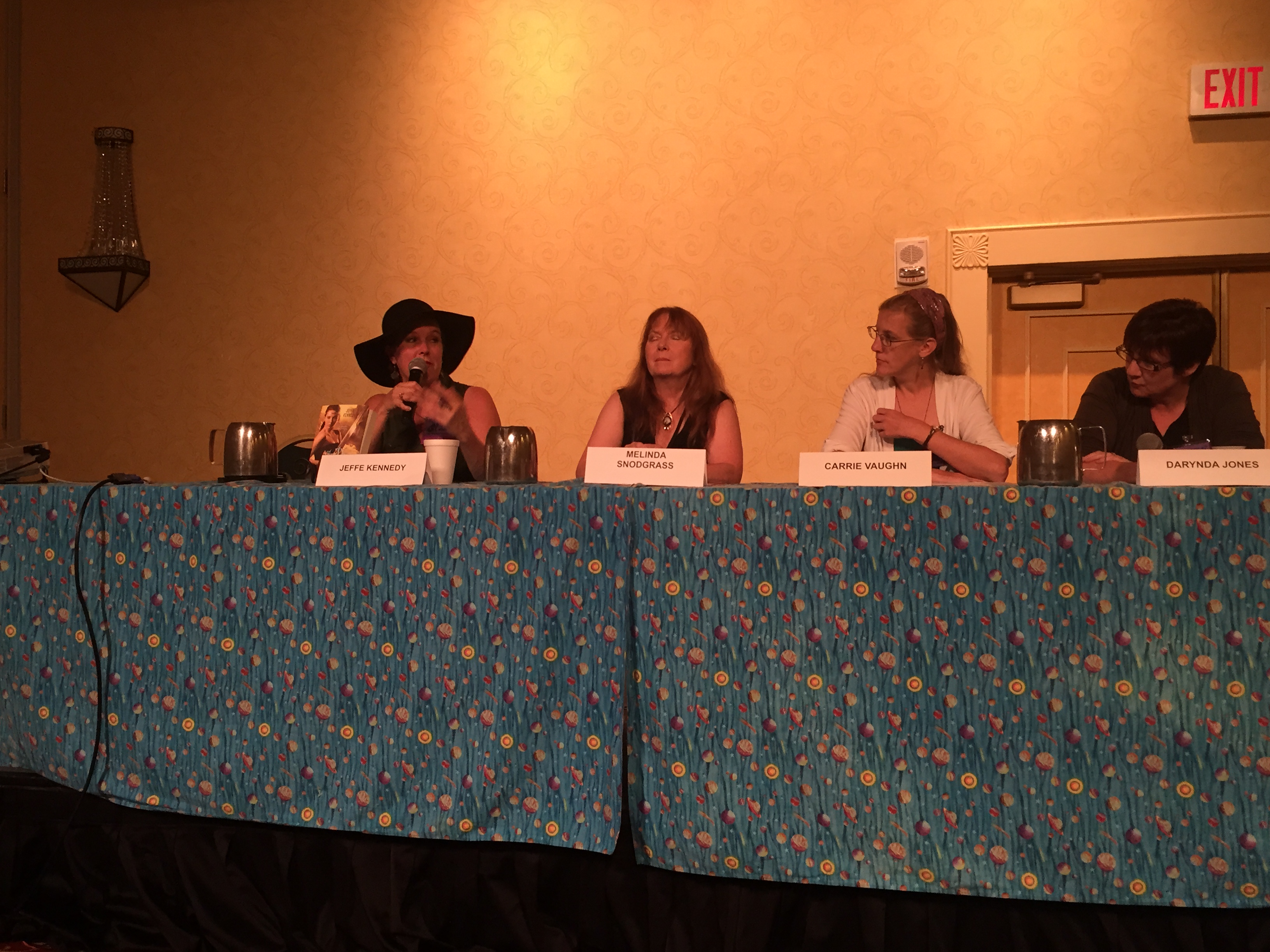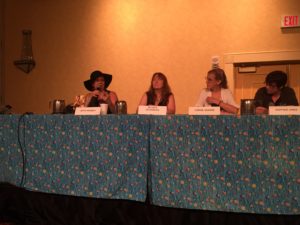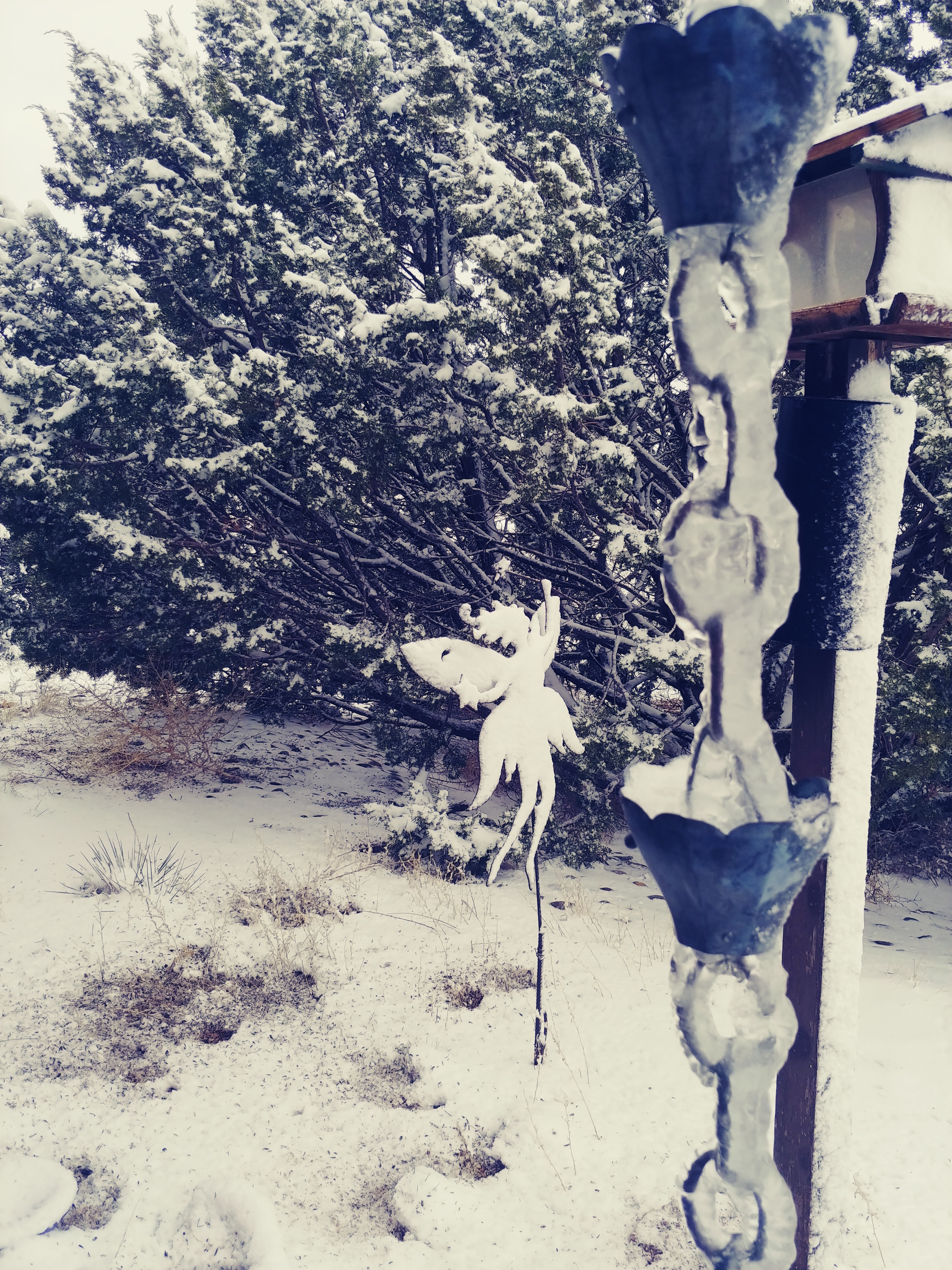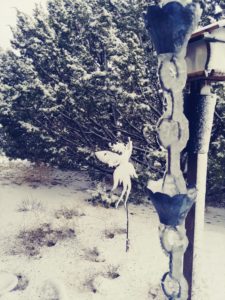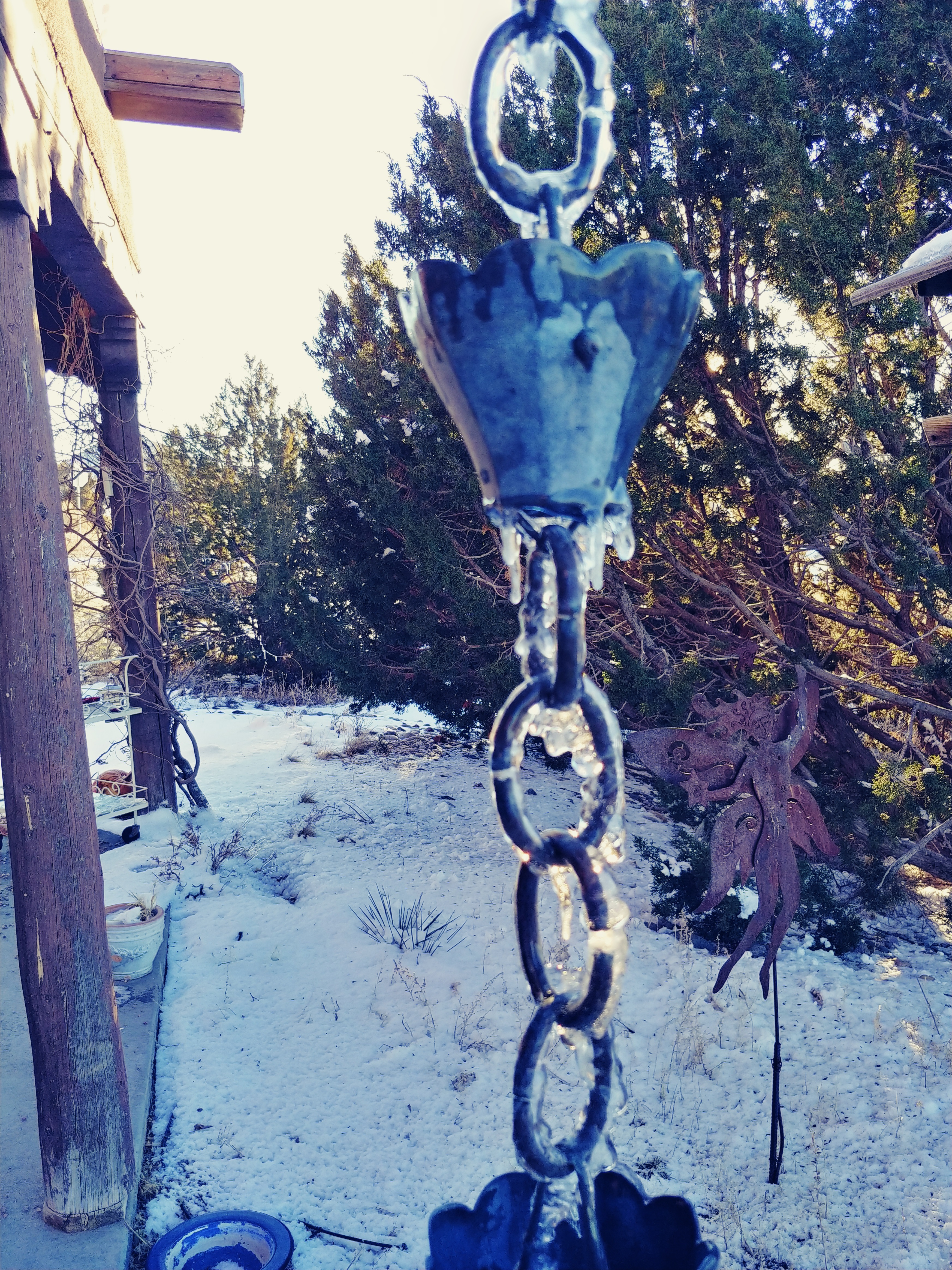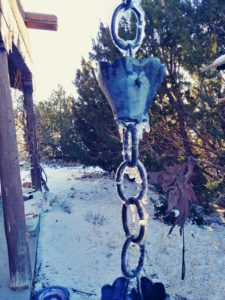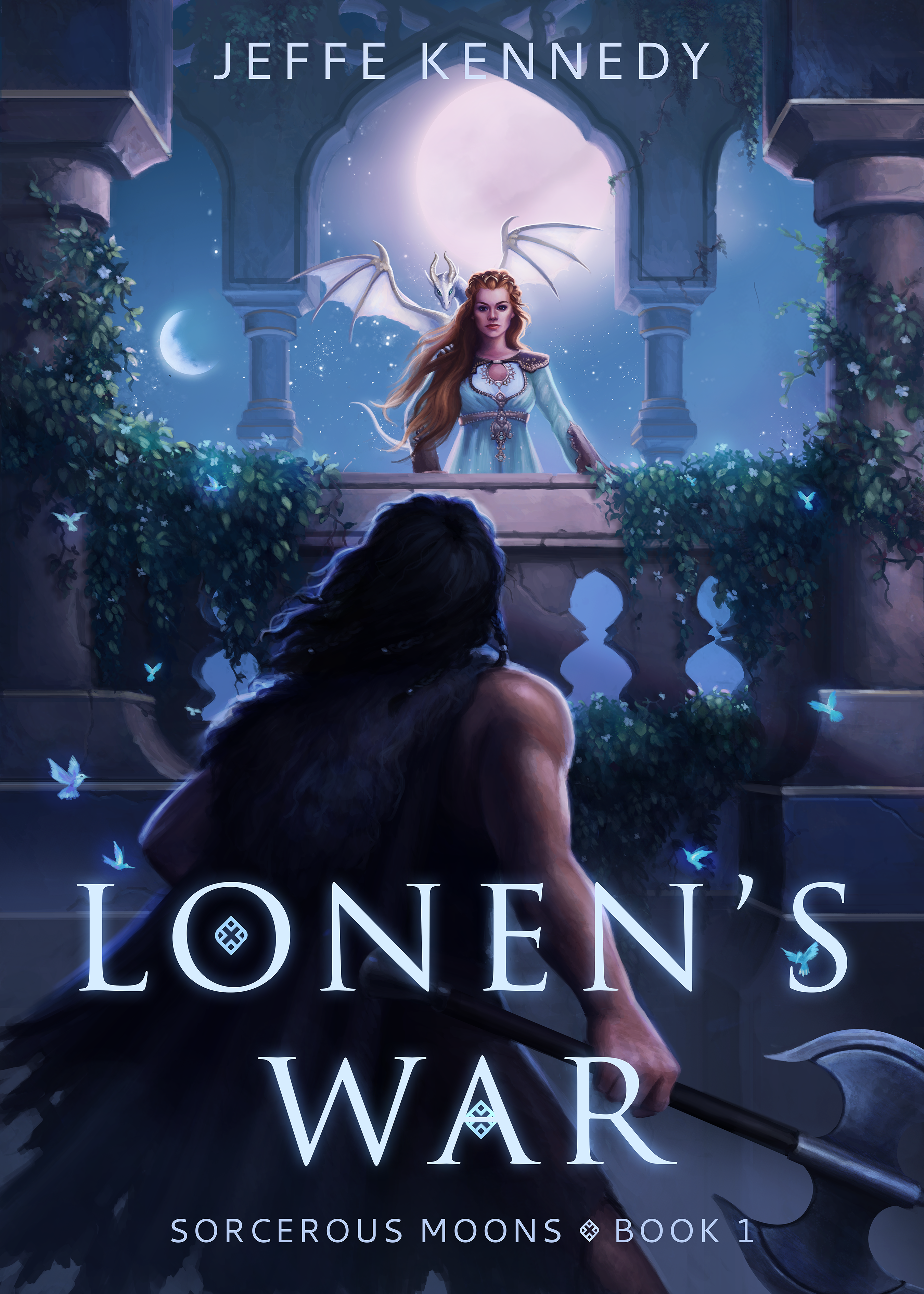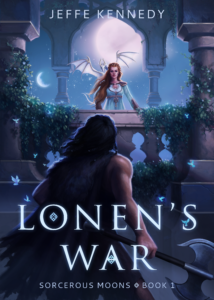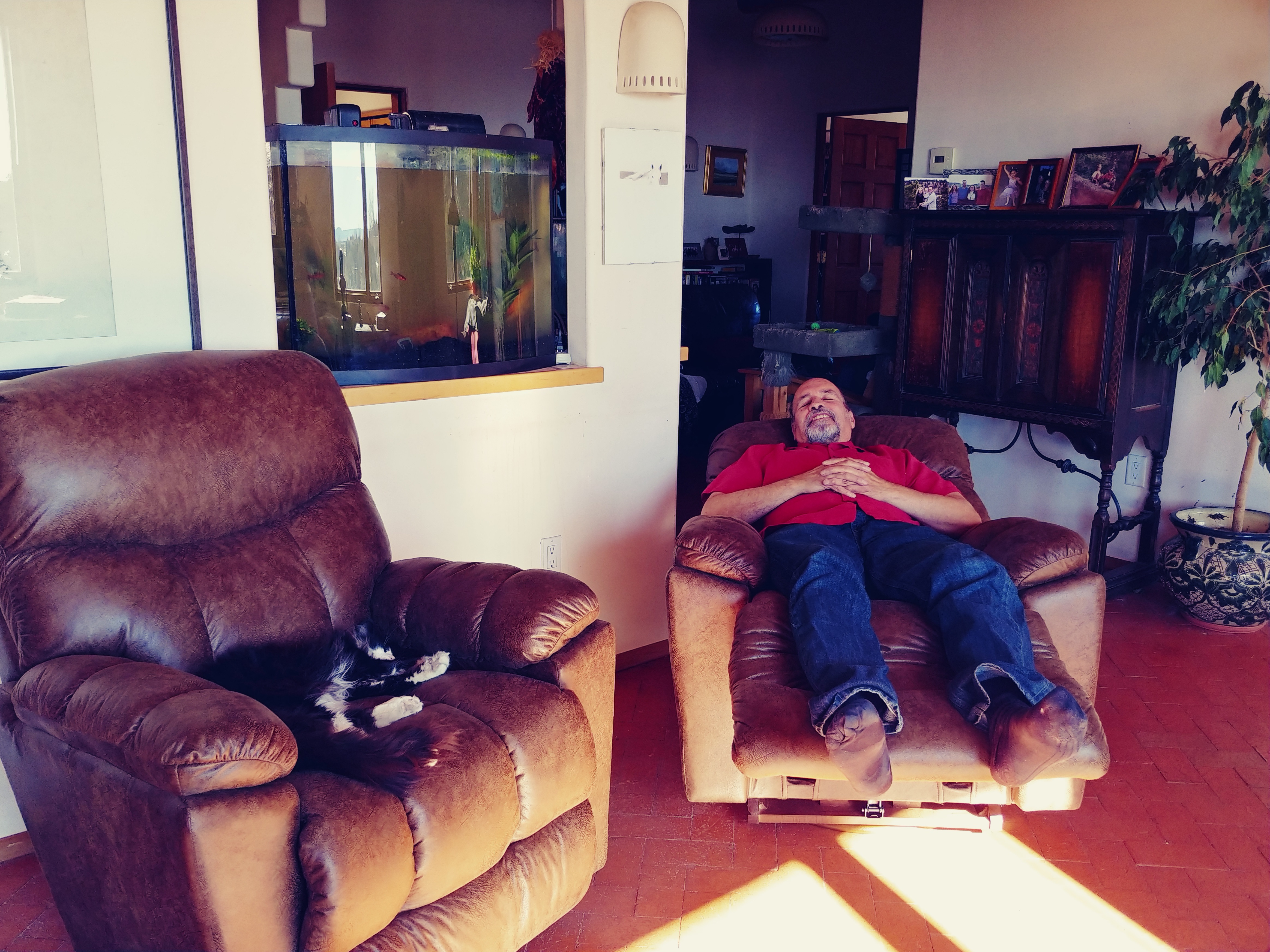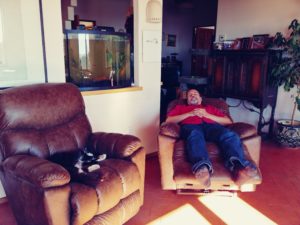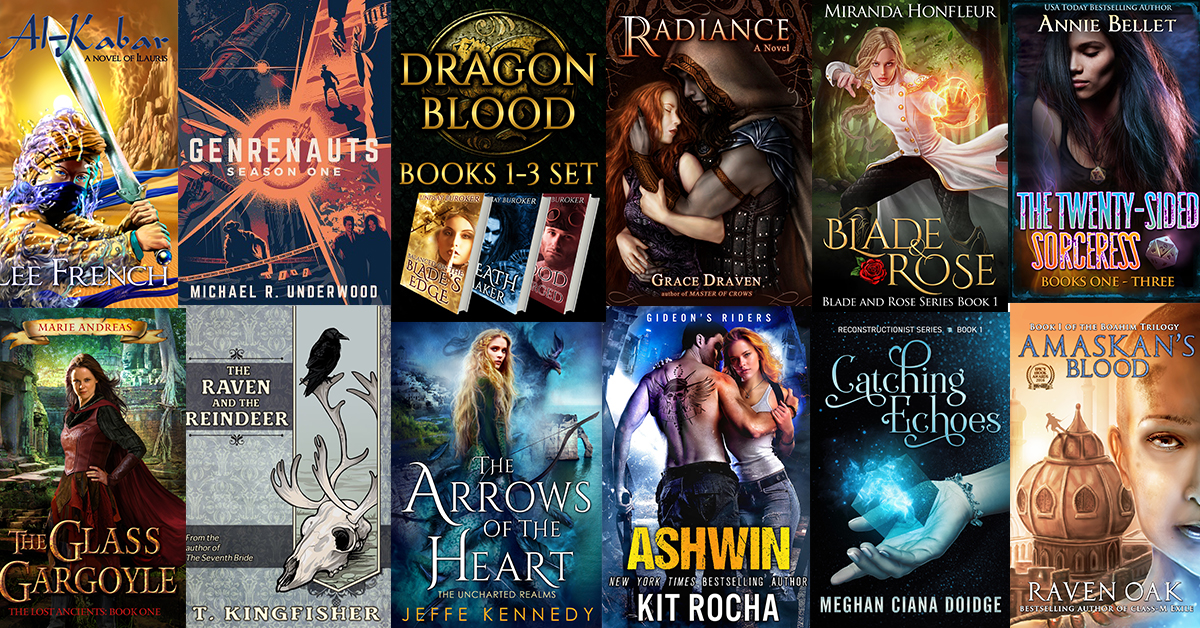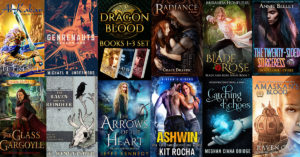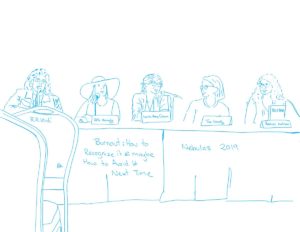
The amazing and delightful Liz Argall, who draws the comic Things without Arms and without Legs, draws while she listens to panels. She did this wonderful sketch of one panel I was on at SFWA’s Nebula Conference. All the panels I was on ended up being wonderful, but this one was particularly amazing. The topic was “Burnout: How to Recognize It and Maybe How to Avoid It Next Time.
It’s a somewhat clunky title, but really wonderful for the topic. Because something that came out of the discussion – moderated by Laura Anne Gilman and including RR Virdi, Tina Connolly, and Rachel Hartman – was that creative burnout is really difficult to extricate ourselves from and not so easy to avoid.
Laura Anne, who did an amazing job of moderating, asked us all to tell our stories of creative burnout or coming close to it, and the commonalities were striking. This was mine:
For twenty years I balanced a career day job as an environmental consultant with writing. I usually wrote 1-2K words/day before switching to the day job. I slowly built my career, making more money each year, and I kept thinking that eventually I’d make enough to quit the day job. Every writer’s dream! Then my team got cut, and I was laid off with decent severance. My company offered to help me find a new job, but I wanted to see if I could make it as a full-time writer. I figured that, ,without the day job absorbing my attention and energy, I could easily double my daily wordcount.
(At this point, the entire room groaned. It was kind of hysterical that this collection of all writers foresaw the error in this.)
I was writing 4-5K/day, building up a self-published series and working up new stuff for trad – and the money was okay – but by July I was feeling ragged. I was sitting in the sun in San Diego, at the RWA Conference, having wine with Thea Harrison. She asked me how I was doing saying, “I hear you’re a full-time writer now – how exciting for you!” And I started to cry. Because I wasn’t having fun and I didn’t understand why. She told me I was starting to burn out and that I needed to get a grip and fix it, that she’d burned herself out and it took years to recover.
The remarkable thing was, for each and every one of us, someone else recognized the burnout and said something. A friend or family member had to point it out. Also, there was crying mentioned in every case, except for RR Virdi, who manfully laid claim “only” to deep depression.
We discussed ways of recovering and avoiding creative burnout, which mostly involved rediscovering play, and the simple joy of creating. Which meant divorcing it from monetization. Sometimes that meant something creative that was NOT writing, or at least, not writing anything that someone else expected or would evaluate.
At the very end, Laura Anne hit us with a statistic from the Mayo Clinic. The number one cause of burnout? Self-identification with your work.
Writers much?
So the final thing we discussed is keeping the boundaries clear, that we are not our books and stories. That’s one reason I try to be very careful to say “My book is a finalist” or “My book won an award,” rather than me. Small measures add up.
